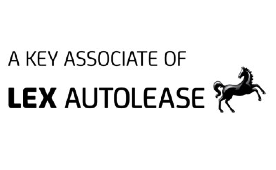Select's Electric roundup covers all the latest news from the world of electric. This month, we take a look at the biggest stories from an exciting July, as EV sales grow to one of their highest levels of all time. We also take a look at the reality of self-driving cars and the strong value of the Tesla Model 3. Plus, we take a special look at what went wrong for the hydrogen car movement.
EV sales soar to control 6% of UK market
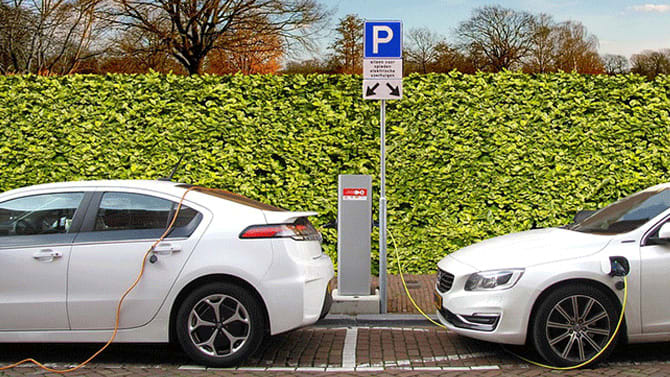
Battery electric vehicles continued to be the single shining light in a largely cautious June for new car registrations, with sales of pure battery electric vehicles (BEVs) soaring by more than 260% on last years figures.
Despite the well-documented effects of the global COVID-19 pandemic, electric cars are enjoying somewhat of a hot streak. In the latest registrations data from the SMMT, BEVs accounted for just over 6% of the total market in June and commanded a staggering 32% of the market during the height of the UK pandemic in April.
There have been hopes that COVID-19 will inspire a positive environmental impact and these latest figures will only go further to encourage a more widespread takeup of alternative fuel cars.
British Gas steps up plans to electrify entire fleet
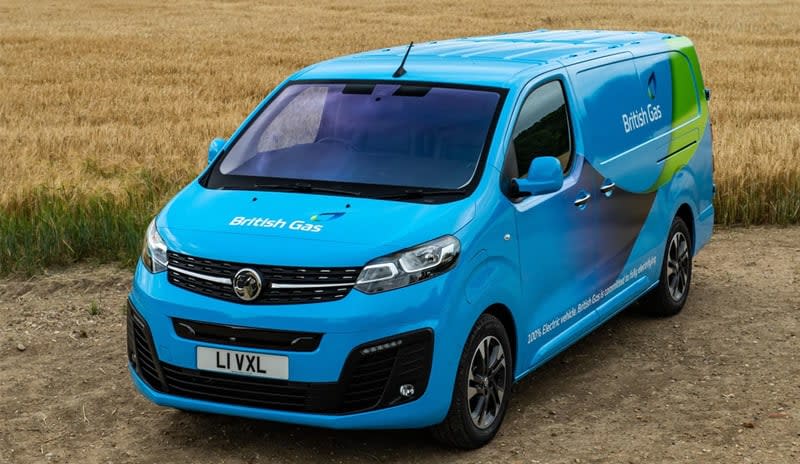
One of the UKs largest enterprises, British Gas, has marked itself as a leader in sustainable transport after placing the largest ever commercial order for electric vehicles.
In a plan to transform their 12,000-strong fleet of vehicles into eco alternatives, the utility company has made public its purchase of 1,000 fully electric Vauxhall Vivaro-e vans the first fully electric Vauxhall commercial vehicle.
The order marks a significant step for big business in the UK in electrifying their fleets and could be the starting gun which encourages many of the UKs other large corporations to follow suit.
Musk backs 'Level 5' self-driving cars for 2020
Self-driving cars will likely be a reality very quickly according to Tesla head-honcho, Elon Musk.
Musk, a key figure in the self-driving phenomenon, made the comments in a video message for the World Artificial Intelligence Conference (WAIC) in Shanghai.
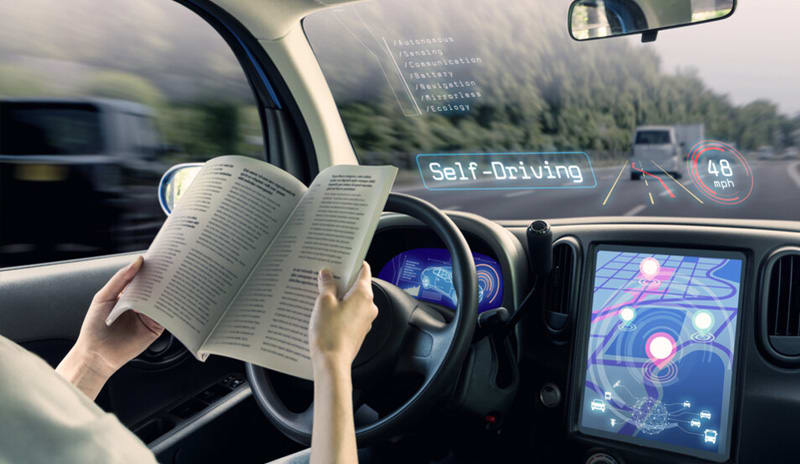
Commonly referred to as Level 5 autonomy, the technology would allow drivers completely hands-free driving, with peace of mind permitting them to browse Social Media or watch Netflix on their journey from A to B. The technology would be a marked step-up on current self-driving features on vehicles, which require at least a basic level of human interaction and require drivers to keep their hands on the wheel and intervene at any point.
Musk's comments are likely to worry driving safety groups which have been vocal in concerns over fully autonomous cars.
Tesla Model 3 retains almost 90% of its value over 3 years, study shows
In news that will make interesting reading for lease customers and new car buyers alike, a study conducted stateside by iSeeCars.com suggests the Tesla Model 3 retains almost 90% of its value over three years.
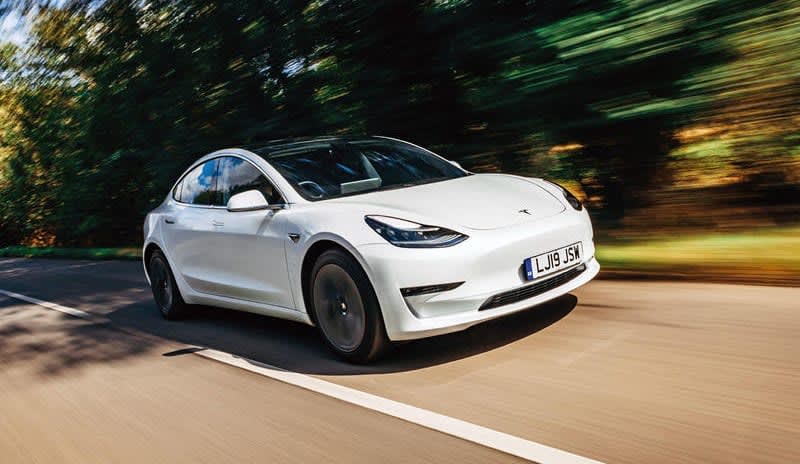
The study, which analysed more than 6.9 million sales of new cars, identified those that held their value best, and worst, across the entire new car market.
The Model 3 was a clear leader, especially in the electric car field, losing just over 10% of its total value only three years into its life. That number looks especially impressive when compared to the aging BMW i3, which was noted to have lost over 60% of its value in the same period.
The strong residual values of the Model 3, its high demand and lack of notable depreciation, means Tesla will be able to keep the cost of their flagship EV consistent, translating into attractive monthly lease costs.
Fuel cell flop why did hydrogen cars fail?
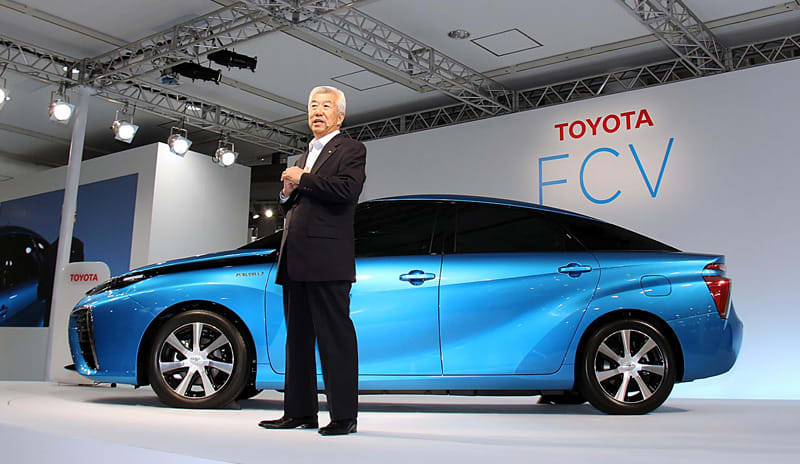
The enthusiasm for hydrogen cars was significant at the turn of the decade, with the fuel seen as a major front-runner in the race to find viable alternatives to petrol and diesel cars. Ten years on, sales of hydrogen cars are all but dead in the water just 7,500 were sold in the world in 2019. In stark contrast, as battery electric vehicles and a slew of hybrid models enter the market, their demand and popularity has soared with over 5 million sold across the globe in the same time period.
What has impacted public opinion on alternative fuels? In a deep dive investigation from Forbes, safety issues were cited as one of the biggest reasons for hydrogens failure to assert itself on the mainstream market. Despite two of the worlds biggest brands Toyota and Hyundai introducing hydrogen cars to the market, hydrogen fuel cell driving has been plagued with safety issues, including explosions and charging station fires, on a scale that electric cars and infrastructure has not. With electric vehicles surging in popularity, its a situation which does not look to be changing any time soon.








